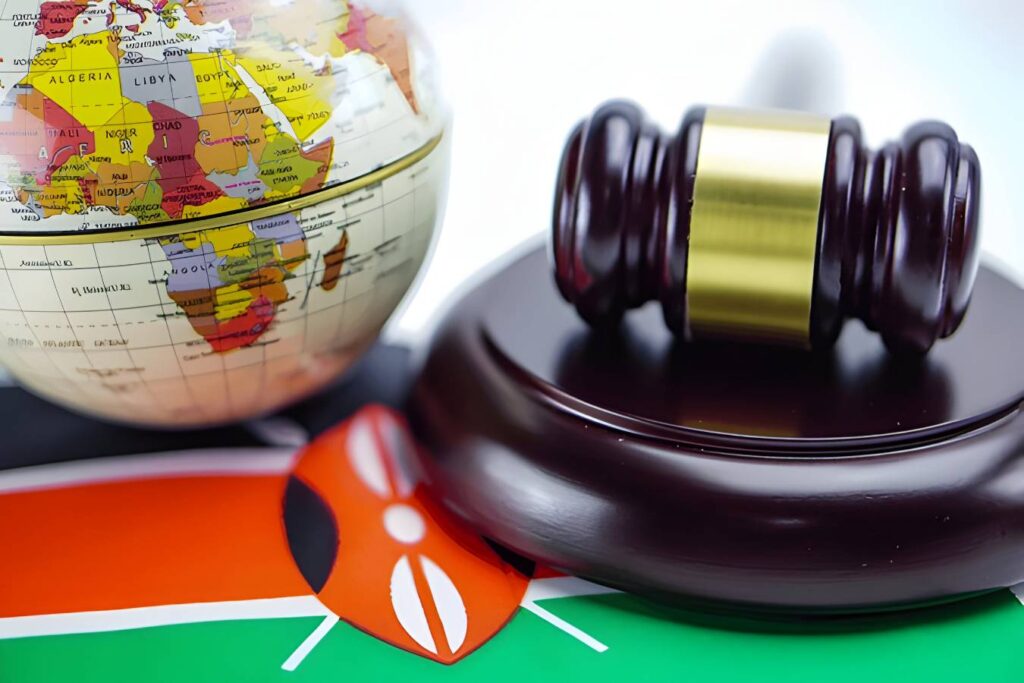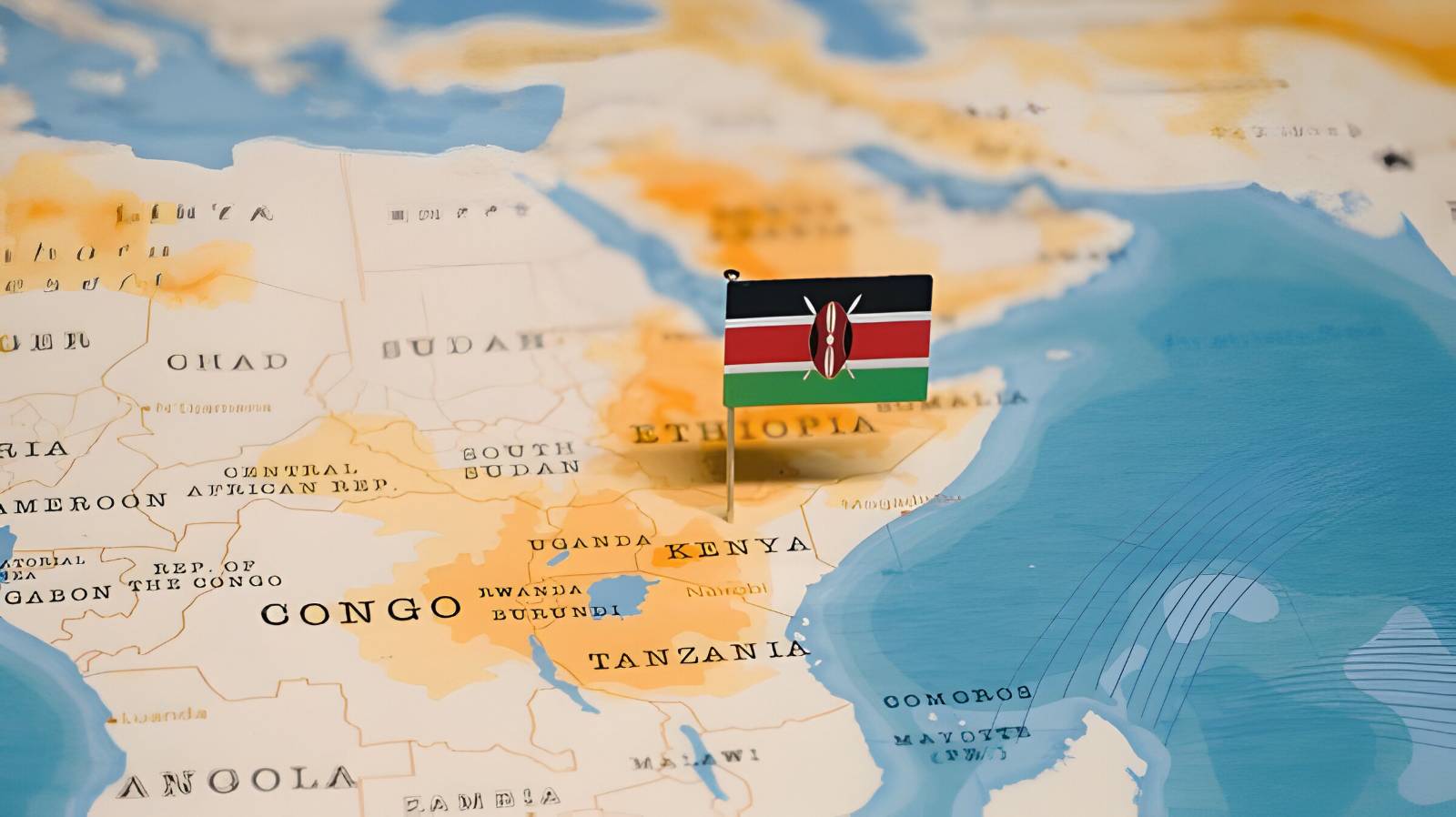The burgeoning landscape of influencer marketing in Kenya shows promising signs of growth, with projections indicating an anticipated expansion of 8.76% between 2024 and 2028. This growth trajectory underscores the increasing significance of influencer marketing strategies in Africa and specifically within Kenya’s dynamic business ecosystem.
As brands continue to recognize the effectiveness of collaborating with influencers to reach and engage target audiences, the market is poised to witness sustained development.
Factors such as rising internet penetration, evolving consumer preferences, and the proliferation of social media platforms contribute to the buoyancy of this sector. Against this backdrop, businesses operating in Kenya are poised to leverage the power of influencer advertising as a strategic tool to enhance brand visibility, drive customer engagement, and achieve marketing objectives in the years ahead.
In Kenya, influencer marketing is a trend that has gained significant traction, with influencers playing a pivotal role in shaping consumer behavior and driving brand awareness.

Understanding the Kenyan Influencer Landscape
Kenya boasts a vibrant and diverse influencer ecosystem, encompassing a wide range of niches including fashion, beauty, lifestyle, travel, food, and technology. From popular social media platforms like Instagram, YouTube, Twitter, and TikTok to niche-specific blogs and forums, influencers in Kenya leverage various channels to reach their audience.
Identifying the Right Influencers for Your Brand
When embarking on an influencer marketing campaign in Kenya, it’s crucial to identify the right influencers who align with your brand values, target audience, and campaign objectives. Conduct thorough research to assess an influencer’s reach, engagement rate, content quality, audience demographics, and brand affinity.
Crafting Compelling Campaign Strategies
Successful influencer marketing campaigns in Kenya require careful planning and strategic execution. Collaborate with influencers to co-create authentic and compelling content that resonates with their audience while aligning with your brand messaging and campaign goals. Whether it’s product launches, brand partnerships, sponsored content, or influencer takeovers, tailor your approach to suit the preferences of Kenyan consumers.

Navigating Legal & Regulatory Considerations in Kenya
Compliance with Advertising Standards
Adhere to guidelines set forth by regulatory authorities such as the Communication Authority of Kenya (CA) and the Advertising Standards Authority (ASA). Disclose sponsored content clearly and conspicuously to maintain transparency and uphold consumer trust.
As influencer marketing gains prominence, regulatory bodies in Kenya are increasingly scrutinizing sponsored content to ensure transparency and consumer protection. Influencer marketing in Kenya is subject to legal and regulatory frameworks governing advertising, endorsements, and consumer protection. Ensure compliance with relevant laws and guidelines, including the Consumer Protection Act, and the Kenya Film Classification Board (KFCB) guidelines on content classification and advertising standards.
Staying Abreast of Legal Developments
Stay informed about evolving regulations and legal frameworks governing influencer marketing in Kenya. Regularly review industry updates and seek legal counsel if necessary to ensure compliance with relevant laws and guidelines.
Measuring Success and ROI
To evaluate the effectiveness of your influencer marketing efforts in Kenya, establish clear KPIs and metrics aligned with your campaign objectives. Track key metrics such as reach, engagement, website traffic, conversion rates, and brand sentiment to measure ROI and optimize future campaigns. Leverage analytics tools and platforms to gain actionable insights and refine your influencer strategy over time.
Key factors to consider for Influencer Marketing in Kenya
When conducting influencer marketing in Kenya, it’s crucial to consider several key factors to ensure a successful campaign. Here are some things to keep in mind:
- Understanding the Target Audience: Before selecting influencers, it’s essential to understand the demographics, preferences, and behaviors of the target audience in Kenya. This will help in identifying influencers who resonate with the audience and can effectively communicate your brand message.
- Cultural Sensitivity: Kenya is a diverse country with various ethnicities, cultures, and languages. It’s important to be culturally sensitive and ensure that influencer content aligns with local customs, traditions, and values to avoid any unintended offence. It’s in areas like this that established players in the African continent like Aifluence can help a brand get everything right in the first go.
- Authenticity and Trust: Kenyan consumers value authenticity and honesty in influencer marketing. Choose influencers who have built a genuine connection with their followers and can authentically promote your brand without appearing overly promotional.
- Local Influencers: Partnering with local influencers who have a strong presence and influence within specific regions or communities in Kenya can be highly effective. These influencers often have a deep understanding of local trends and preferences, making their content more relatable to Kenyan audiences.
- Regulatory Compliance: Ensure compliance with relevant regulations and guidelines governing influencer marketing in Kenya. Familiarize yourself with the requirements set by regulatory bodies such as the Advertising Standards Authority (ASA) to avoid any legal issues or penalties.
- Engagement and Interaction: Encourage influencers to engage with their audience and foster two-way communication. This helps in building trust and credibility, as well as generating authentic conversations around your brand or products.
- Measurement and Analytics: Establish clear objectives and key performance indicators (KPIs) for your influencer marketing campaign in Kenya. Monitor and measure the performance of the campaign using relevant metrics such as reach, engagement, and conversion rates to evaluate its effectiveness and optimize future efforts.
- Long-term Relationships: Consider building long-term partnerships with influencers rather than one-off collaborations. Cultivating ongoing relationships allows for deeper brand integration, continuous engagement with the audience, and greater ROI over time.
- Content Localization: Tailor influencer content to resonate with Kenyan consumers by incorporating local language, imagery, and cultural references. This helps in creating more relevant and compelling content that connects with the target audience on a deeper level.
- Flexibility and Adaptability: Stay flexible and adaptable to changes in trends, consumer behavior, and market dynamics in Kenya. Be open to adjusting your influencer marketing strategy accordingly to stay relevant and effective in a rapidly evolving landscape.
Conclusion
In conclusion, influencer marketing presents immense opportunities for brands seeking to engage with Kenyan consumers in a meaningful way. By understanding the nuances of the local influencer landscape, collaborating with the right influencers, crafting compelling campaign strategies, and adhering to legal and regulatory guidelines, brands can harness the power of influencer marketing to drive brand awareness, engagement, and sales in Kenya’s dynamic market.


Leave a Reply